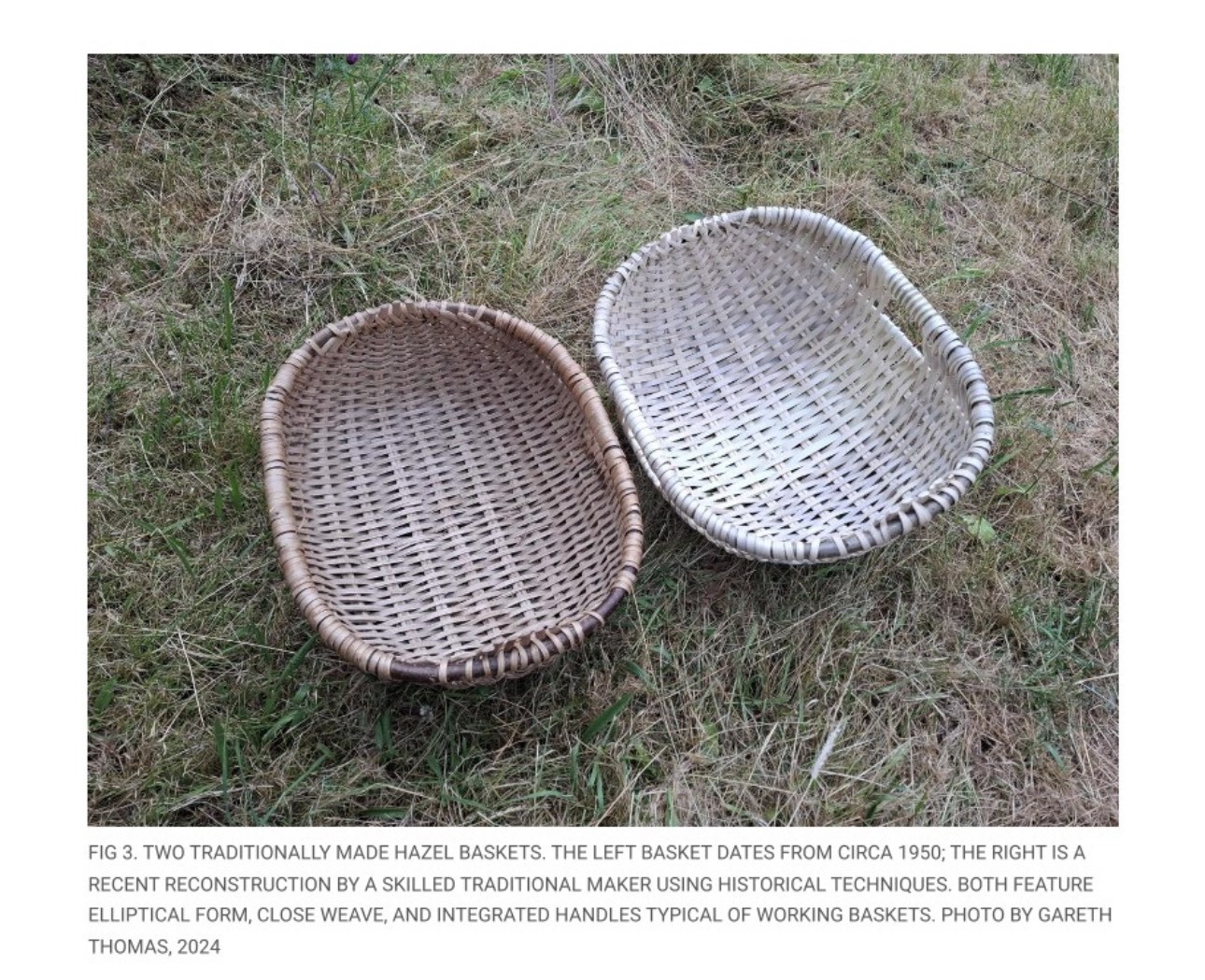
Posted in News on Dec 16, 2024.
News from the UNESCO-MOST BRIDGES Flagship Hub, Arizona State University.
Leading minds in the decarbonization and humanities space gathered at the Walton Center for Planetary Health, Arizona State University, on November 8 and 9, 2024, to begin a statewide dialogue on how to strengthen communities and clean energy standards utilizing the Justice40 Initiative, attended by Joni Adamson, Sreya Ann Oommen, and Liron Arieli of the BRIDGES ASU Flagship Hub.
Friday night’s keynote by Shalanda Baker: “Justice40: How We Got Here, What We're Fighting For, and How We Win” “This lecture discussed the origins of the transformative Justice40 Initiative launched by the Biden-Harris Administration and the policy architecture established by the Department of Energy to implement $100 billion in new clean energy programs in a just and equitable way. Baker discussed the structural challenges to advancing a just clean energy transition and argued that addressing power is the only pathway to deliver meaningful community benefits to communities burdened by the legacy of pollution and historic disinvestment.”
Keynote Speaker Shalanda Baker was introduced by Dr. Matt Henry; current NREL Researcher. Dr Henry explained how his humanities education contributed to his ability to engage in just energy transition work at a national lab, and community benefits planning to meet the SDGs specifically in Clean and Affordable Energy and Climate Change Action.
The focus of the symposium was on community facing projects for decarbonization and how the voices of the community leaders and youth must be heard. Communities must see themselves as part of this process or just energy transition will fail. This symposium spurred conversations between humanists, people in tech, community leaders, youth, and others reconsidering best practices for decarbonization projects that make sure communities actually benefit.
Takeaways by Dr. Joni Adamson, UNESCO-MOST BRIDGES Flagship Hub, Arizona State University
Justice40, led by Shalanda Baker, has indeed moved the dial forward in discussions of community benefits planning in the US. At ASU, we are seeing that dial move forward in much more meaningful conversations about CBP, all across the campus, and we are interfacing much more with community leaders from throughout Arizona to learn what they want to learn, how they hope to benefit, and what they need as a result of this funding (Justice40).
Co-sponsors of the symposium include The Julie Ann Wrigley Global Futures Laboratory’s Lightworks, Southwest Sustainability Innovation Engine, Just Energy Transition Center, Humanities for the Environment Global Network, UNESCO-MOST BRIDGES, Center for Negative Carbon Emissions (CNCE), Global Futures Education Alliance, School for the Future of Innovation in Society (SFIS), School of Sustainability (SoS), School of Social Transformation, and the Department of English.SDG: 7 Clean and Affordable Energy and SDG 13 Climate Action.
Link to Article about Symposium: Symposium highlights the importance of community involvement, equitable access in clean energy transition | ASU News
Link to Shalanda Baker keynote recording: “Justice40: How We Got Here, What We’re Fighting For, and How We Win”


